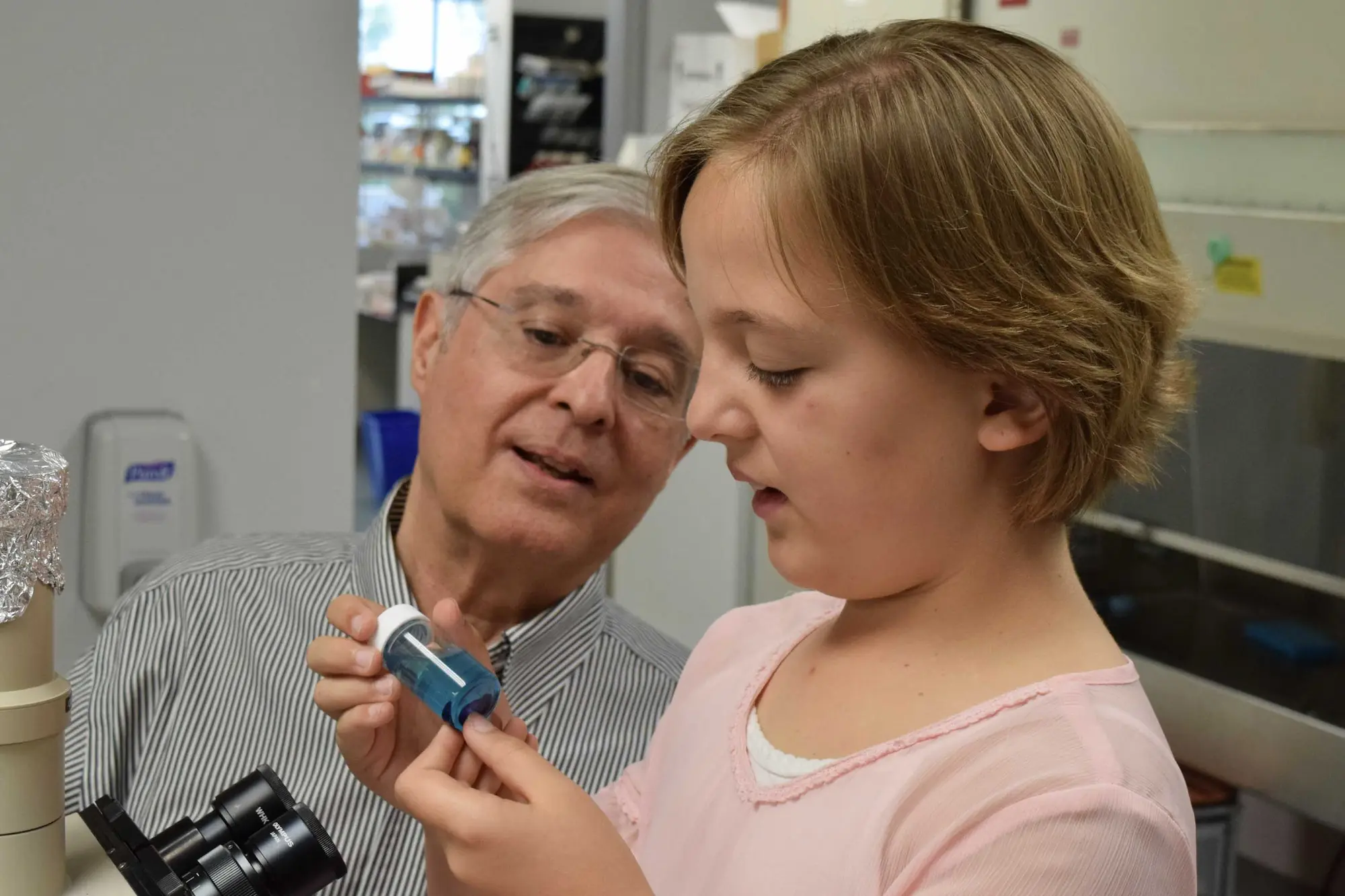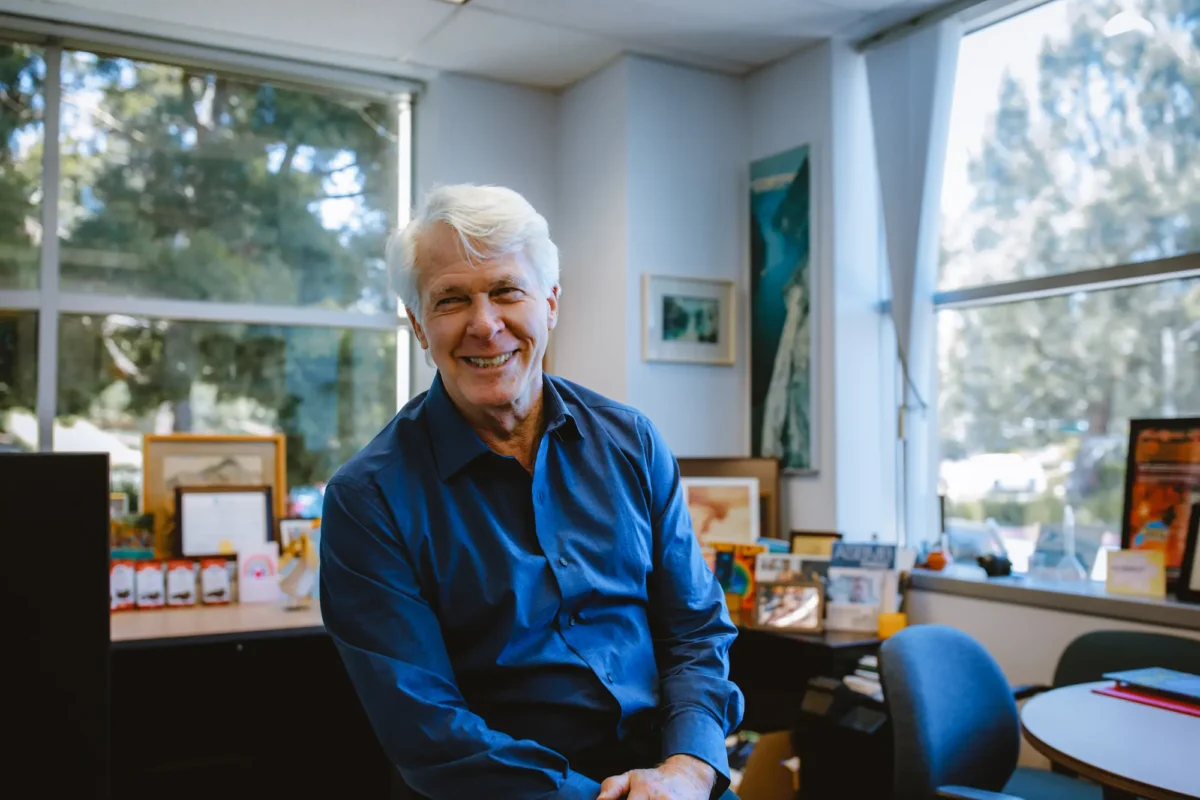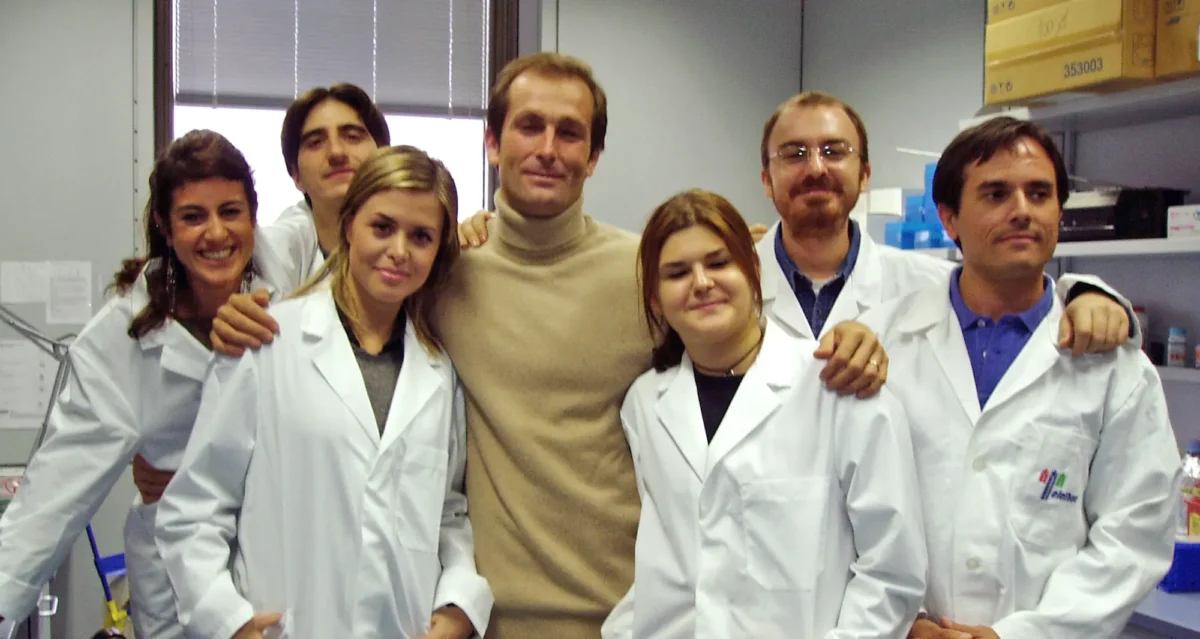An Uncommon Concern
A “rare disease” is a condition afflicting less than 200,000 people in the U.S. In sheer numbers, however, they are not so rare. Scientists have documented more than 7,000 affecting approximately 30 million Americans.
Thanks to immunizations and improving health care, most childhood diseases are uncommon. But rarity can be a curse. The most difficult aspect of being stricken by a rare disease may be the difficulty in getting a correct diagnosis. Rare diseases are frequently misdiagnosed or undiagnosed. On average, patients with rare diseases wait nine years to finally receive an accurate diagnosis, a figure that hasn’t changed in 45 years. Half of all rare disease cases involve children, of which one-third will die before they are 5 years old, before doctors even figure out what killed them.
Our mission is to advance research and understanding of diseases that predominantly affect children, which are under-addressed or ignored altogether. These include diseases such as diabetes, Duchenne muscular dystrophy, hypophosphatasia (bone disorders) and congenital disorders of glycosylation.
Symposium
Rare Disease Day
Rare Disease Day is an international initiative occurring on the last day of February to raise awareness of rare diseases as a significant public health concern. Every year Sanford Burnham Prebys invites scientists, physicians, patients, families and advocates to highlight progress, exchange ideas and concerns on selected disorders. This year’s focus is on congenital disorders of glycosylation, an umbrella term that covers more than 190 rare (fewer than 2,000 children worldwide) genetic diseases involving a complex chemical process called glycosylation.
When this metabolic process, which involves attaching essential sugar molecules to proteins, doesn’t work correctly, numerous, often severe, consequences in infancy and childhood occur, from poor growth and developmental delays to stroke-like episodes and heart problems.
Leadership
Director
Latest News
Children’s Health Research







